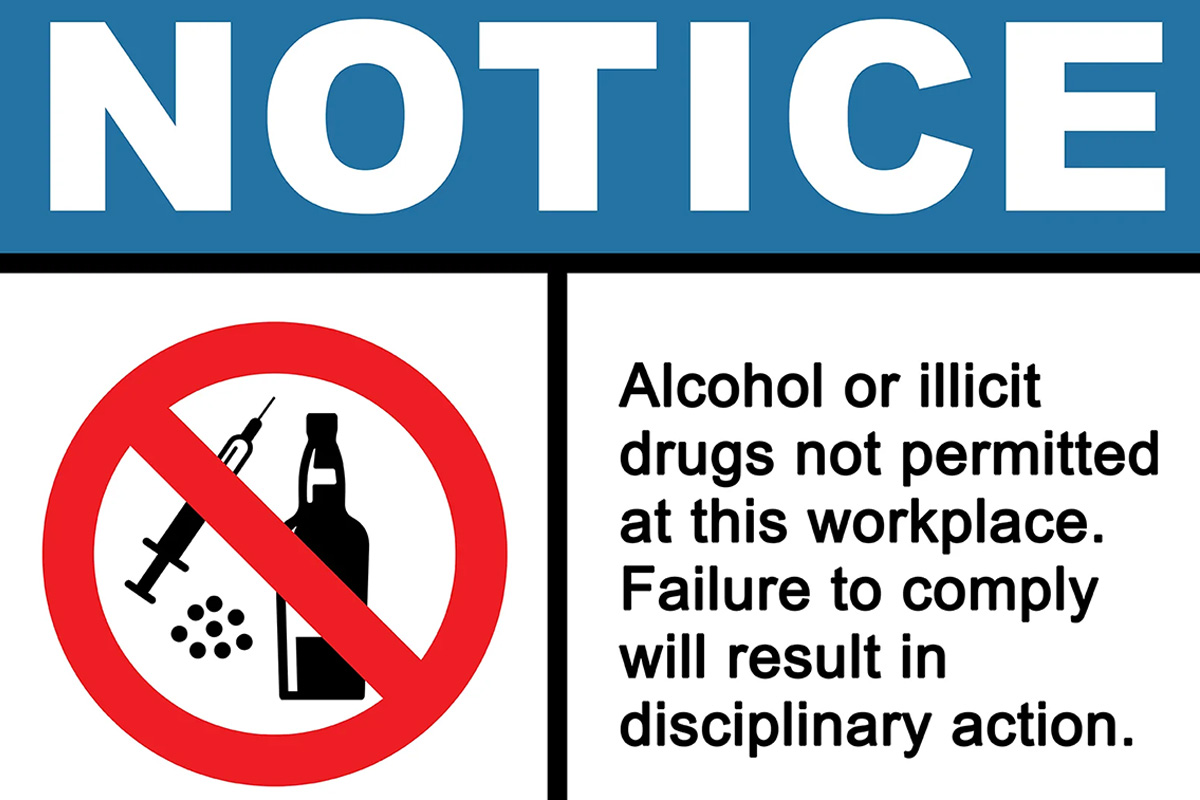
Decriminalization Of Drugs Impacts Safety In The Construction Industry
The construction industry is already one of the most hazardous and accident-prone industries. Throw in the current country wide trend of legalizing or decriminalizing marijuana and other drugs, and the risk of accidents tied to impaired thinking promises to be a growing menace that will result in increases in lives lost, injuries and costs.
So how can construction managers and executives maintain a zero-tolerance policy when workers are free to indulge outside of work? First, let’s examine why drug and alcohol consumption is so prevalent in construction in the first place.
According to a 2019 New York University study, construction workers often alleviate the stress of job-related dangers by using cocaine and marijuana, as well as misusing opioids. Alcohol abuse is also a common problem among construction employees. Many turn to alcohol and drugs in order to deal with pain associated with on-the-job injuries as well as tedious, repetitive tasks.
The danger is that alcohol and drugs can disrupt coordination and judgment, which in turn increases the risk of accidents. In an industry that relies heavily on focus, dexterity and perception, being sober and safe just doesn’t apply at work where company rules forbid imbibing on the job; it means taking a no-nonsense approach for after hours as well. Hangovers from substance abuse outside of work hours can linger the next day, increasing a worker’s fatigue while decreasing his or her response and focus – and that can have dire consequences.
In addition, alcohol, marijuana and other drugs can lead to malnourishment and dehydration. This becomes dangerous since many construction jobs are conducted during hot weather, in addition to the long work hours and intense labor exertion, plus repetitious tasks that are the norm for the industry.
Even before states began to legalize or decriminalize marijuana, the construction industry was a field ripe for abuse. But now, the problem has been exacerbated making enforcement of zero tolerance – both during and after work hours – difficult to manage.
How to create an alcohol- and drug-free environment has been a concern for some time. As early as 2012, a coalition of construction groups in the U.S. joined forces in putting the pressure on businesses to create drug-free workplaces, with the goal of creating resources to help small businesses develop awareness and prevention programs. As a result, more than 4,000 organizations signed the coalition’s pledge to eliminate substance abuse in the workplace.
Many construction companies battle the problem by doing random drug tests. The challenge is when smaller companies get positive results but can’t afford to replace employees who fail these tests. A better solution may be educational programs that lay out the extent that drug and alcohol abuse can impact safety on the job, a revelation that many construction workers aren’t aware of. In addition, many workers aren’t cognizant that their habits can affect public safety as well, or that substance abuse leads to greater than normal sick days taken that in turn affects the bottom line of construction schedules.
The federal government offers online toolkits that can help employers battle these challenges and find resources to educate their employees about the dangers of substance abuse. These toolkits also outline how companies can provide consistent substance abuse testing and access and/or information about affordable treatment programs. Construction companies need to take the stance that drug and alcohol testing are precautionary measures that protect the safety of all, rather than seen as invasions of personal privacy.
Mentoring initiatives can also change the mindset that condones drug and alcohol use and instead promote the view that substance abuse is socially unacceptable. In addition, construction work is often high paying, so companies might provide programs that teach workers how to invest their wages rather than waste their hard-earned cash on drugs or alcohol.
Perhaps most importantly, construction companies must devise a drug- and alcohol-free policy that includes giving each worker complete information on the dangers and consequences of substance abuse during and after work hours. This policy needs to convey the message that all employees benefit when each employee is sober. It should also allow input from employees so that each worker feels invested in creating a safer work environment. Only then will construction workers view alcohol and drug abuse as a negative rather than normal habit.
Imburgia Consulting, LLC can help guide your construction company on the best ways to put drug- and alcohol-free policies in place.
